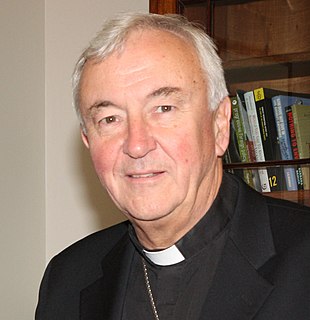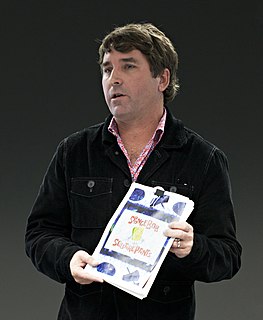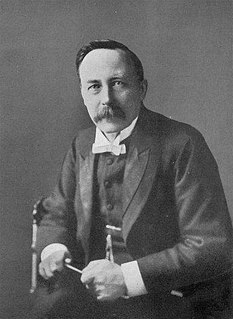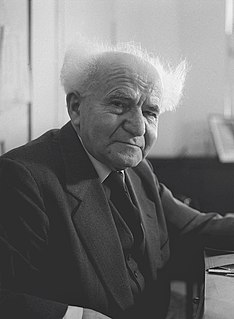A Quote by Carl Jung
There is rarely a creative man who does not have to pay a high price for the divine spark of his greatest gifts... the human element is frequently bled for the benefit of the creative element and to such an extent that it even brings out the bad qualities, as for instance, ruthless, naive egoism (so-called "auto-eroticism"), vanity, all kinds of vices-and all this in order to bring to the human I at least some life-strength, since otherwise it would perish of sheer inanition.
Quote Topics
All Kinds
Auto
Bad
Bad Qualities
Benefit
Bled
Bring
Brings
Creative
Divine
Does
Egoism
Element
Even
Extent
Frequently
Gifts
Greatest
Greatest Gift
Greatest Gifts
High
High Price
His
Human
Human Element
Instance
Kinds
Least
Life
Man
Naive
Order
Otherwise
Out
Pay
Perish
Price
Qualities
Rarely
Ruthless
Sheer
Since
So-Called
Some
Spark
Strength
Vanity
Vices
Would
Related Quotes
The artist's life cannot be otherwise than full of conflicts, for two forces are at war within him [or her]-on the one hand, the common human longing for happiness, satisfaction and security in life, and on the other a ruthless passion for creation which may go so far as to override every personal desire ... There are hardly any exceptions to the rule that a person must pay dearly for the divine gift of creative fire.
The word 'ego' is very important. The ego is an important element of being human, and of being creative. We need that ego in order to give us a confidence of doing what we're doing. Ego pushes us into the creative world in order to create for something more. I think that a great company of actors, they all have egos, very strong egos, but they're all prepared to share together in order to achieve something even better than that.
So the first thing to be remembered: don't confine creativity to anything in particular. A man is creative - and if he is creative, whatsoever he does, even if he walks, you can see in his walking there is creativity. Even if he sits silently and does nothing, even non-doing will be a creative act. Buddha sitting under the Bodhi Tree doing nothing is the greatest creator the world has ever known.
In work we act under the predominant motive of external, rational necessities; in pleasure, under the predominant motive of other, equally general necessities of human nature. Rest or recreation is the element in which the personality seeks to renew its strength from these stimuli that exhaust the reserve of human resources. It's an element introduced into life by the person himself.
Behind all art is an element of desire...Love of life, of existence, love of another human being, love of human beings is in some way behind all art — even the most angry, even the darkest, even the most grief-stricken, and even the most embittered art has that element somewhere behind it. Because how could you be so despairing, so embittered, if you had not had something you loved that you lost?
The greatest element in life is not what occupies most of its time, else sleep would stand high in the scale. Nor is it what engrosses most of its thought, else money would be very high. The two or three hours of worship and preaching weekly has perhaps been the greatest signal influence on English life. Half an hour of prayer, morning or evening, every day, may be a greater element in shaping our course than all our conduct and all our thought.
Near this spot are deposited the remains of one who possessed beauty without vanity, strength without insolence, courage without ferocity, and all the virtues of man, without his vices. This praise, which would be unmeaning flattery if inscribed over human ashes, is but a just tribute to the memory of Botswain, a dog.
If creative work protects a man against mental illness, it is small wonder that he pursues it with avidity; and even if the state of mind he is seeking to avoid is no more than a mild state of depression or apathy, this still constitutes a cogent reason for engaging in creative work even when it brings no obvious external benefit in its train.




































